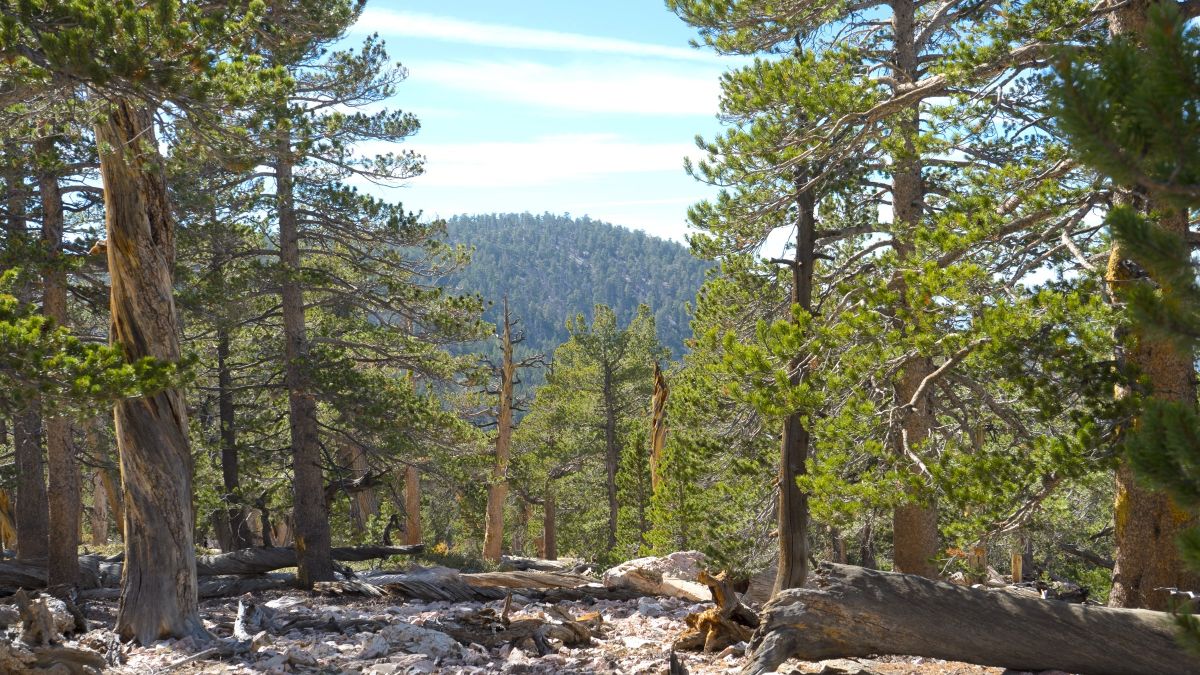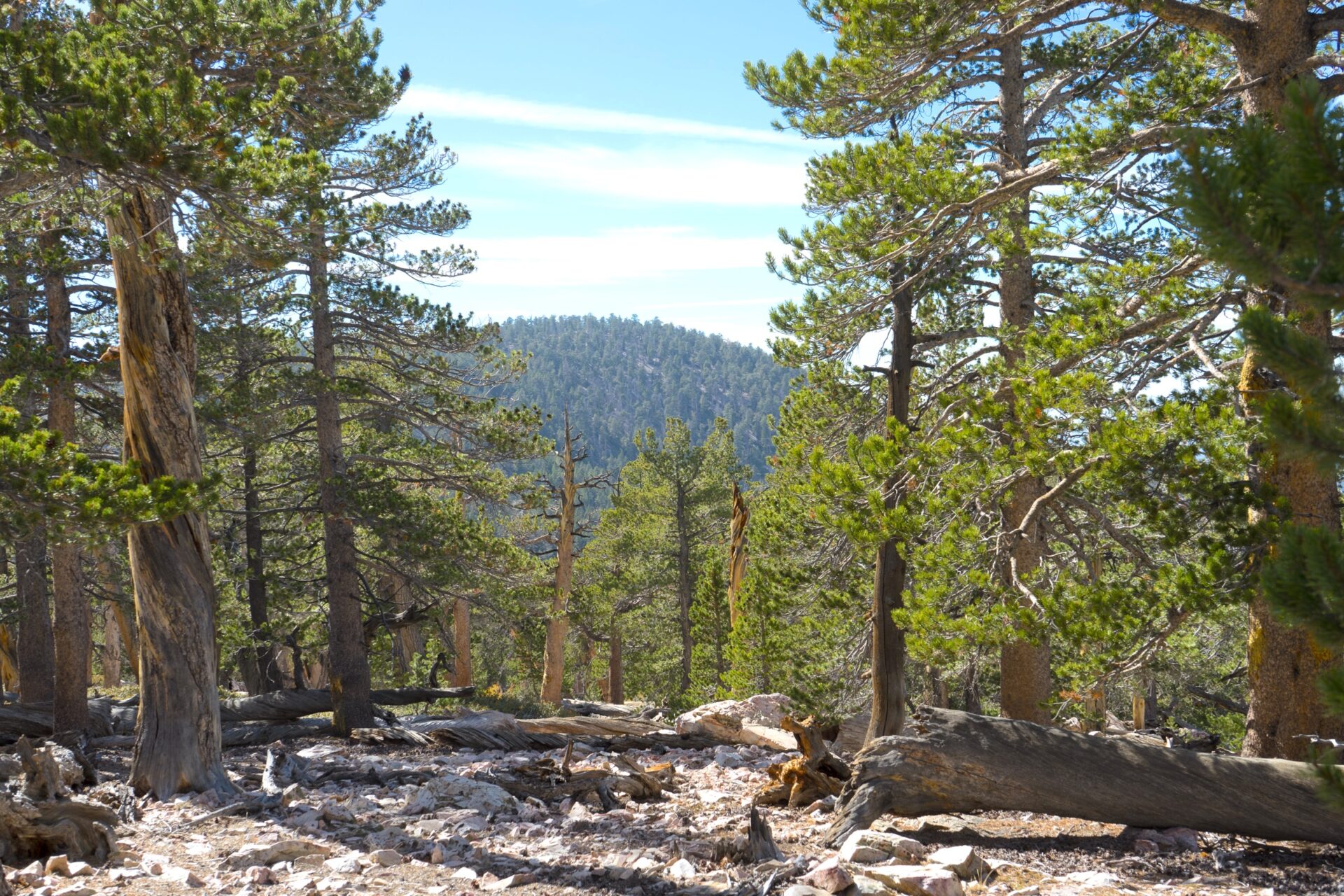Translating Science to Action in Southern California’s Montane Forests

A new partnership between the US Forest Service, San Diego State University, and Conservation Biology Institute is applying newly emerging science to protect southern California’s montane conifer forests from the impacts of climate change and severe wildfires.
The effort expands on research from the Connecting Wildlands and Communities project that developed a landscape-scale framework to map refugia from multiple stressors, and ongoing research projects led by Drs. Alexandra Syphard and Erin Conlisk at CBI developing dynamic wildfire and vegetation succession models for forecasting the synergistic impacts of climate change, land use change, and different management scenarios. CBI’s Environmental Evaluation Modeling System (EEMS) will support collaborative development of interactive, locally relevant models for identifying priority locations for management actions.
COP 16 is Coming Up!

For the first time, CBI will be attending the 16th meeting of the Conference of the Parties to the Convention on Biological Diversity (CBD COP16), scheduled from 21 October to 1 November 2024 in Cali, Colombia. Our delegation has been granted status to observe negotiations and will be leading three international panels during the meeting on the topics of wildfire, renewable energy planning, and habitat connectivity and transportation. In addition, we will be hosting our inaugural Wildfire Academy workshop while at COP16.
Our delegation consists of Robin Jones- Executive Director, Dr. Alexandra Syphard- Senior Global Change Research Scientist, and Karl Peet- Senior Advisor on Global Strategy. If you will be attending COP16, we would love to meet with you there. Drop us a note at info@consbio.org and we will be sure to make it happen.
We will be making regular posts to our social media accounts (Instagram, Facebook, LinkedIn, X) while we are at COP16, so be sure to follow us on your platform of choice to see our updates!
California Site Check Update

In order to streamline the construction of much-needed new housing in California, the Legislature created multiple California Environmental Quality Act (CEQA) statutory exemptions for housing projects. Working closely with the Governor’s Office of Planning and Research (OPR) in coordination with the Department of Housing and Community Development, CBI developed the Site Check online application for California to help speed up much-needed housing in the state while protecting sensitive lands and reducing greenhouse gas emissions via transportation.
Site Check underwent an important update recently that is now available to all interested users at no charge. The easy-to-use tool was not designed to definitively determine whether or not a particular parcel is exempt from CEQA, but it is proving to be a convenient and powerful first step in determining how CEQA may apply to any potential housing development in the state reducing planning time and costs.
